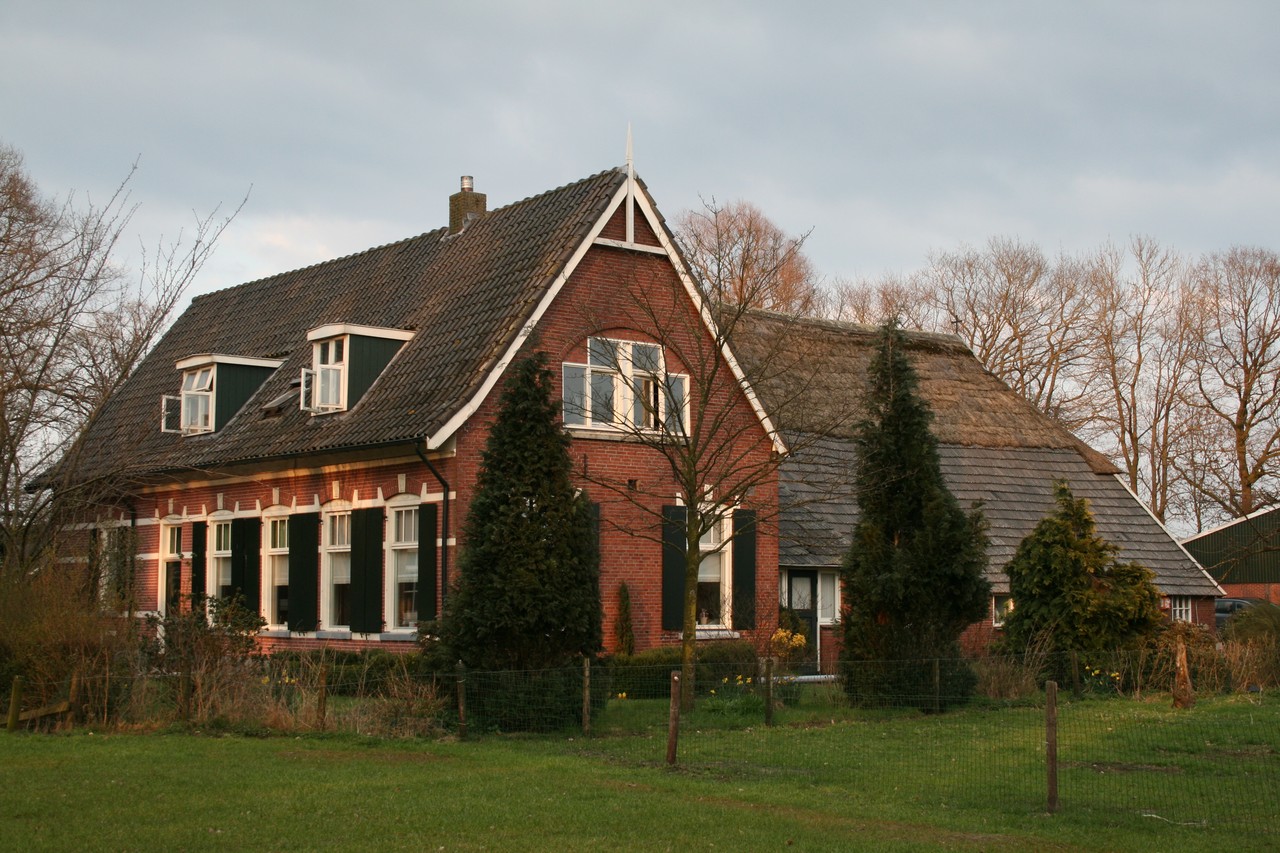At the Schonenborg family farm in the Stegenhoek area between Hengevelde and Neede, three Jewish people had been in hiding since the autumn of 1942. They were Jewish cattle trader Mozes Godschalk, his wife Sientje Godschalk-Meijer, and her younger sister Mietje. They stayed in the large bedroom above the laundry room. From the closet, they could access a hidden shelter through the back wall.
Herman Schonenborg and his wife Lieske Schonenborg-Groot Kormelink later also took in two young men, Jan te Riet and Jan ten Berge, who were hiding from forced labor in Germany.
Things went wrong during a house search in November 1943. German soldiers pounded on the door and searched the farm. The Jewish fugitives had fled to the hayloft, but were found after about two hours. They were lined up in front of the town hall in Haaksbergen along with other Jews who had been rounded up in the region. Afterwards, they were deported to concentration camps. Herman Schonenborg and the two young men were taken to Enschede and, after negotiations, were released three weeks later.
Lieske herself was threatened and interrogated while her husband was in custody. The Germans wanted to know who had brought the Jews to their home. “I told them I didn’t know, and they believed me. During those interrogations, no one was allowed to enter or leave the house, and during that time the cows were not allowed to be fed or milked.” Her determination was further shown by the fact that she eavesdropped on German officers who had stationed themselves in the farmhouse. Lieske passed on this valuable information to chaplain Span, who then shared it with the resistance.
Both Herman and Lieske Schonenborg lived to see the liberation—one they had helped bring about through their acts of resistance. In 2024, it was announced that they had been posthumously awarded the Yad Vashem honor.
